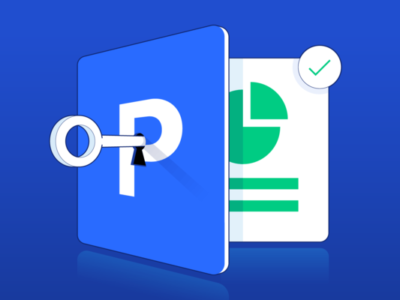Data hacking is a real threat and can cost you time and money. You must know how to protect your data before the bad guys do. The most effective way to secure your data is using strong passwords.
Creating a strong password is very important. It can protect your account from being hacked, but it also helps keep your information safe. The stronger the password, the safer you are. In this post, I’ll give you some tips on how to create strong passwords. You should also ensure that your network is secure by using a VPN when browsing.
What are the five rules for a strong password?
Get a password with not less than eight characters.
Your password should have a minimum of 8 characters. A name, date, or phrase is not recommended when using a dictionary word. Numbers-only passwords are also discouraged as they can be guessed by hackers easily and quickly.
Avoid personal information when creating passwords.
Your password should not contain any personal information like your name and birthdate. Moreover, it would be best if you don’t use words found in the dictionary because they are easily relatable.
Try to make a password you can easily remember but hard to guess.
There are many ways to make your password memorable, but one of the easiest is to try using some form of phrase or sentence. This is especially helpful if you’re using numbers as part of your password e.g., “123456” or “I love cats!” would be another good choice for pet lovers because it’s simple and easily understood by most people who have never heard it before in their lives.
Use a combination of alphabetic, numeric, and special characters.
You must combine upper-case and lower-case letters, numbers, and special characters to secure your password.
Don’t use your name or any other information that can be easily guessed. For example, don’t use the same password as someone else in your family or friends because they would have access to it too.
Four other tips on how to avoid data hacking on your devices
Use a VPN.
If you want to protect your data from hackers, the best way is to use a VPN. A Chrome VPN plugin encrypts your internet traffic and makes it much harder for anyone at home or in the office to access. You can do this by using a dedicated service like veePN.
Moreover, a VPN protects data against potential hacking from other sources, including those who might gain access through shared devices like computers or smartphones. You should download a VPN Google Chrome extension on your device.
Keep your passwords safe.
To secure your password, use a password manager. Password managers make it easy to create a strong password for every account you have so that if someone gains access to one device or website, they won’t be able to access any other accounts. They can also auto-fill in your username or email address with the details of the service you’re trying to log into—making it harder for hackers who may be watching social media feeds or tracking past conversations about specific websites
Don’t reuse passwords.
Don’t use one password for multiple accounts. If you have different accounts on your device, use a unique and complex password for each one. This will help protect against phishing attacks that attempt to steal personal information from your devices by using stolen credentials—and also gives you peace of mind knowing that the hacker won’t be able to access any other information if they get into one account but not another one!
Be careful with shady plugins and add-ons.
Use only trusted plugins and add-ons. This is easy to say, but if you’re not careful, it can be hard to tell what’s good from the bad. You should always research before installing any new software on your device; if there’s an official website where the developer posts updates about their software, head there first! You can download a VPN for the Chrome browser in the play store to be certain. With this Chrome extension, you can easily set up VPN for safe browsing purposes.
Use two-factor authentication.
Two-factor authentication is a way to provide additional security for your online accounts. It’s like two-step verification but involves something you have instead of something you know. For example, if you have a Google account and want to log in with your password, the second factor could be an SMS text message sent to your phone that contains a code.
Two-factor authentication works best when using apps on mobile devices because they can send notifications directly to people’s phones as soon as they try logging into their accounts. You might also see this feature in some banking apps and email clients; however, don’t expect every site or app to support two-factor authentication yet!
Conclusion
You now have some great tips on how to keep your data safe using a VPN. This is crucial, especially if you are entirely an online person or working from home. Ensure that your passwords are unique and easy to remember. Moreover, when browsing, a VPN Chrome extension is super important. Besides securing your data, your device will also be protected from malware. Good luck with everything!







